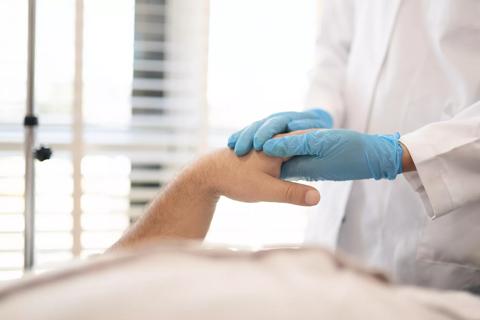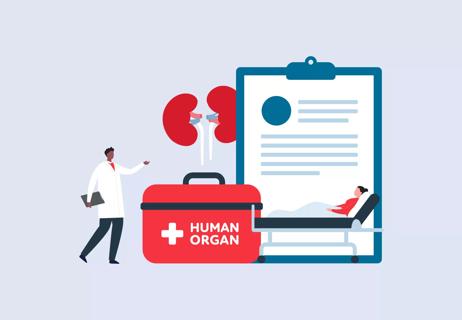Advertisement
Healthy gut flora defeat Clostridium difficile infection
Advertisement
Cleveland Clinic is a non-profit academic medical center. Advertising on our site helps support our mission. We do not endorse non-Cleveland Clinic products or services. Policy
Just the thought of a fecal transplant – of transplanting fecal matter from one person into another – may make a lot of people think, “ick.” It’s an uncomfortable idea.
But consider that a fecal microbiota transplant can help people with stubborn, unhealthy gut flora. These are people struggling with recurring Clostridium difficile infections with longstanding diarrhea and abdominal pain. They can’t go to work or school or really function that well because of how sick they are.
These patients have tried long-term antibiotics, or in some cases, probiotics. But neither of these works very well with stubborn C. difficile infections. Yes, the antibiotics will clear up the infections temporarily, but these patients often experience recurring cycles of antibiotics and infection without any real resolution.
Antibiotics often strip the gut of the good bacteria along with the bad. In these cases, this makes it difficult for the body to keep C. difficile away.
What really works is a fecal microbiota transplant. One theory is that it gives the recipient a boost of healthy bacteria to regenerate his or her own gut flora. This strengthens the person’s gut against future infections, and stops C. difficile from continually gaining a foothold.
Advertisement
After months on antibiotics, it is amazing to see how quickly a fecal transplant can help people. Patients have an excellent success rate and those that respond do so within two weeks. It is a therapy that works.
Right now, the only patients who are eligible for these fecal microbiota transplants are those with recurrent C. difficile infections. About 20% of them recur, and a lot of people come to me after four or five failures with other treatments.
Advertisement
Learn more about our editorial process.
Advertisement

More than 20 organs and tissues can be donated, and one donor can help more than 80 people

Rest, hydration, protein and light exercise all play an important role in your healing

Clinical trial targets women with UFI

Yogurt, sauerkraut, kimchi and other fermented foods are a good way to get those beneficial microbes

Family history can increase your risk of developing this autoimmune disorder — you may want to see a healthcare provider for screening

Choose foods that are easily broken down in your digestive system, like fruits and vegetables without skins or seeds

Focus on exercise, eating healthy and getting regular screenings to help lower your risk

A low-FODMAP diet or gluten-free diet could help you manage your symptoms, but only with professional guidance

If you’re feeling short of breath, sleep can be tough — propping yourself up or sleeping on your side may help

If you fear the unknown or find yourself needing reassurance often, you may identify with this attachment style

If you’re looking to boost your gut health, it’s better to get fiber from whole foods